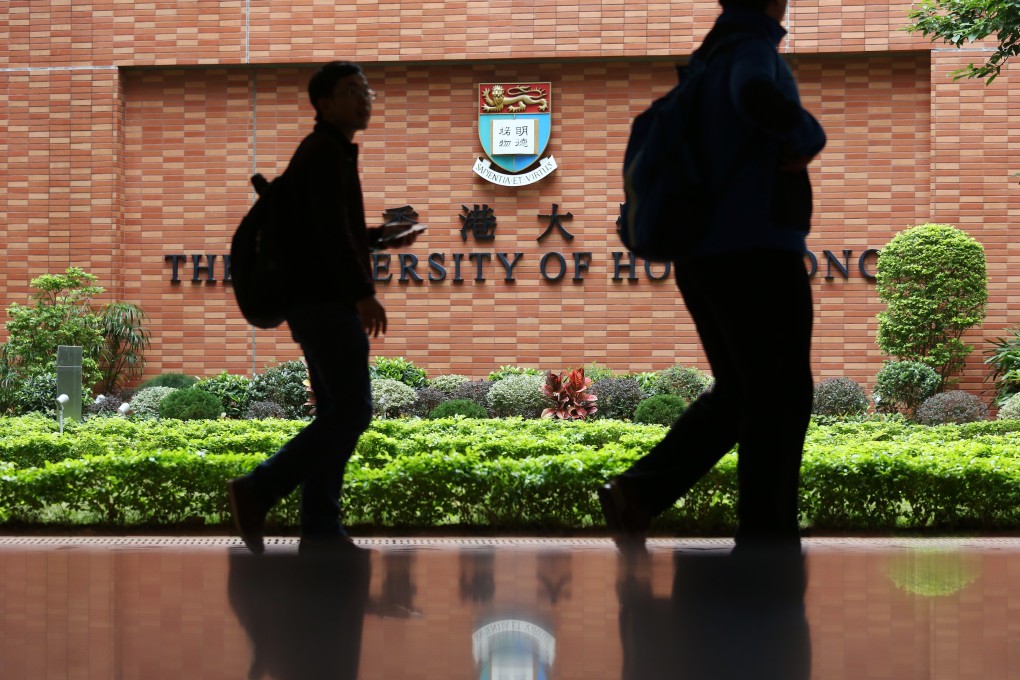Councils of eight universities in Hong Kong back new security law
- The publicly funded institutions say city has obligation to protect the state
- Statement comes as pro-Beijing group hands over what it claims are nearly 3 million signatures in support of legislation

The heads of the governing council of Hong Kong’s eight publicly funded universities have jointly backed Beijing’s plan to impose a national security law on the city, as a pro-Beijing group claimed it had gathered more than 2.9 million signatures supporting the controversial legislation.
The support came as both the central government’s liaison office and Hong Kong and Macau Affairs Office (HKMAO) issued separate statements condemning the Trump administration’s threat of sanctions, saying such intimidation would not shake Beijing’s determination to safeguard national security.
China was always ready to retaliate against any acts that affected the city’s prosperity, the HKMAO said.
In offering their support, the council chairmen said the law could “better ensure universities continue to create knowledge through research and learning” when operating under the principle of “one country, two systems”.
“As residents of Hong Kong, we enjoy the protection provided by the state, and in turn have a reciprocal obligation to protect the state by supporting the introduction of legislation which prohibits criminal acts that threaten the existence of the state,” the statement read.
Hours earlier, the presidents of five universities a issued a joint statement that expressed understanding of the need for a national security law.